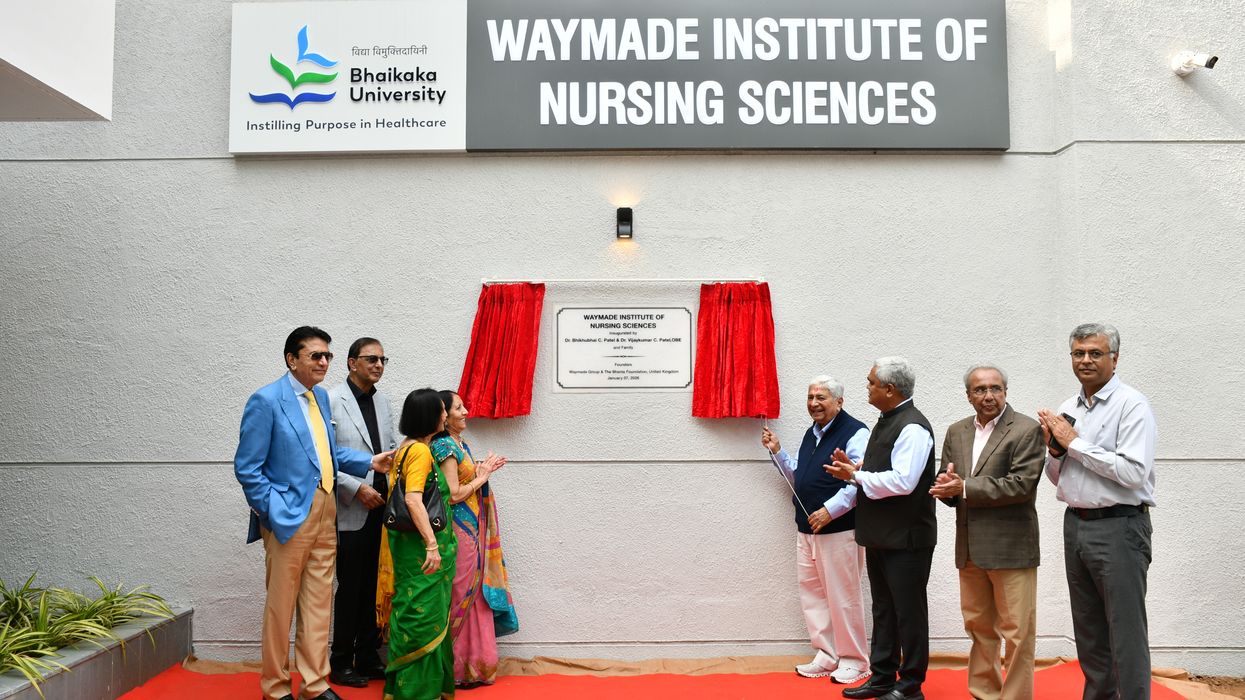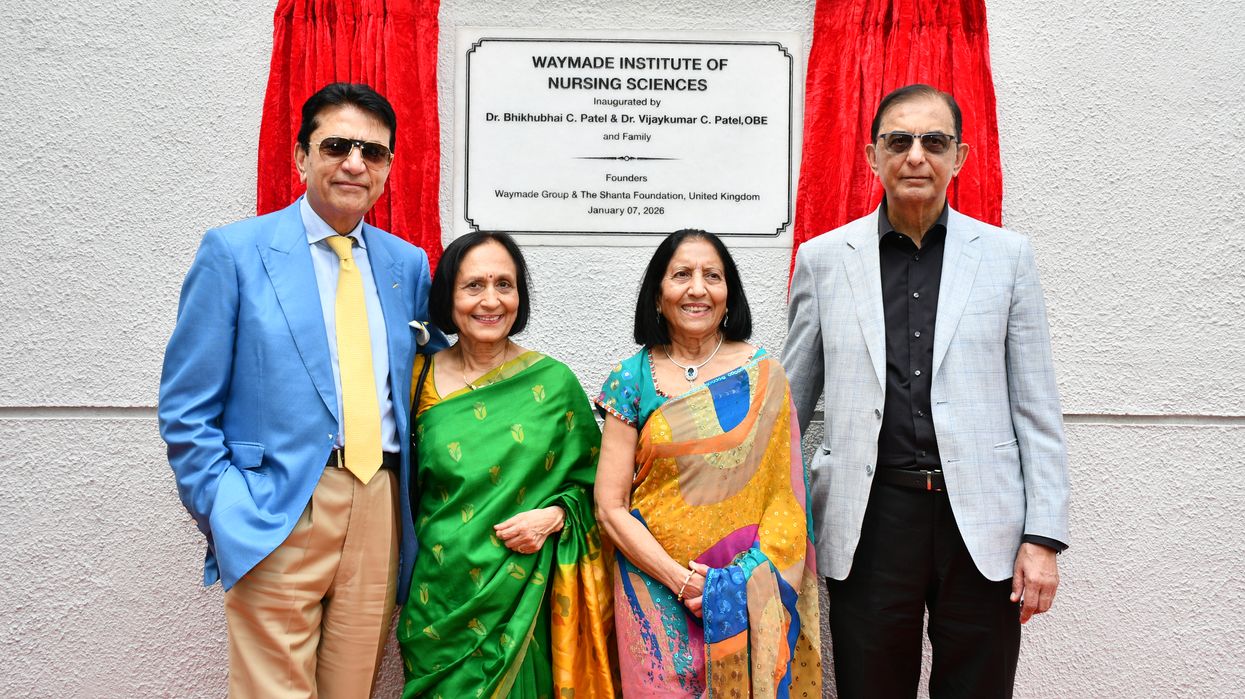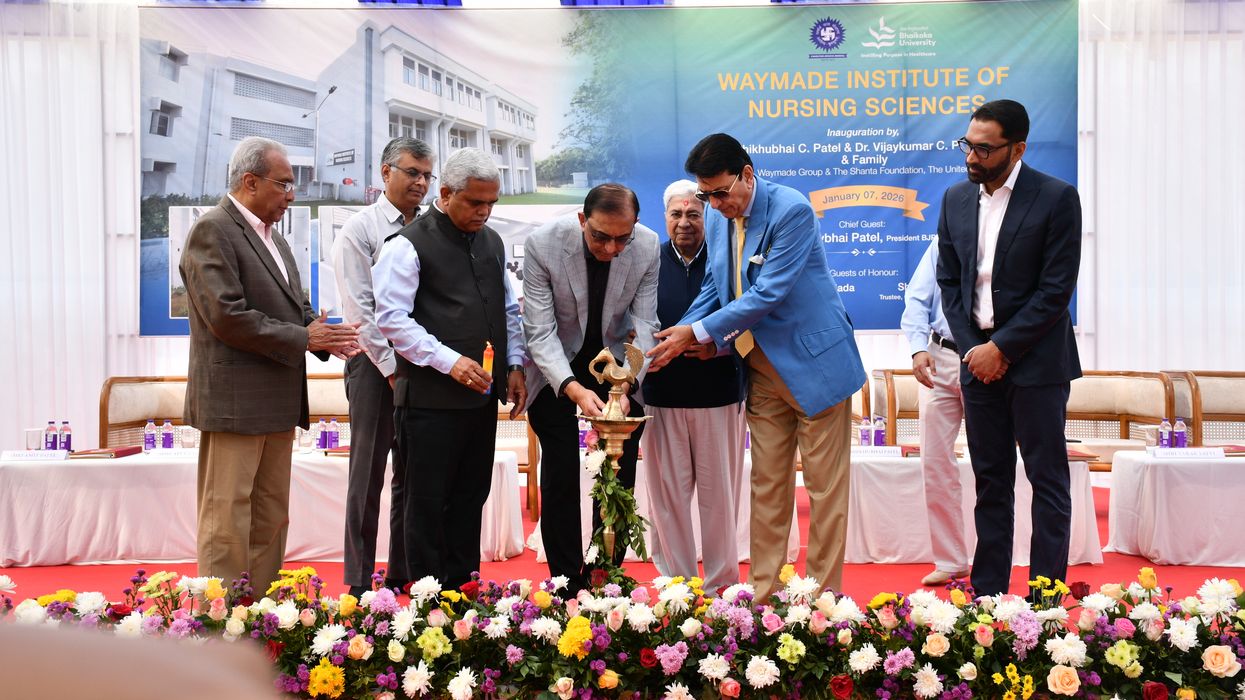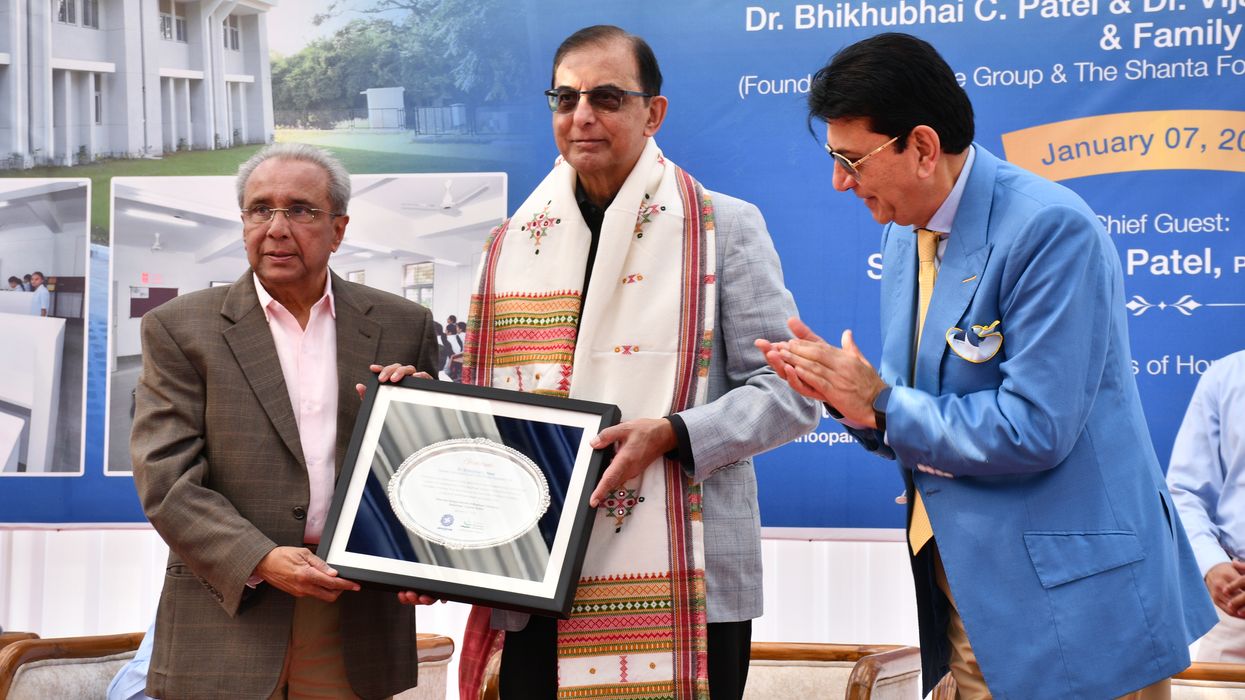By NADEEM BADSHAH
MINISTERS have been urged to launch a crackdown on frauds posing as immigration officials and targeting migrants in money scams.
Victims are contacted by criminals who exert pressure and force people to hand over up to £10,000; in some cases, people have been threatened with being "shot".
Migrants from India, who have applied for visa extensions, said the callers claimed to be from UK Visas and Immigration and were threatened with deportation unless they made a payment.
Immigration solicitor Harjap Singh Bhangal said the Home Office needs to investigate how bogus officials manage to get the contact details of migrants.
He told Eastern Eye: "There appears to be a data leak within the Home Office and this needs to be rectified. If somebody feels they are a victim of this scam, they need to inform the police straight away and also contact the Home Office to try and verify the information.
"Also, no information should be provided to these scammers over the phone. My clients have often come across these types of scams. "
“Luckily, a lot of migrants know that the Home Office would never ask for payment like this - any payment is either done in person at one of their centres or via their online portal.”
He added: it is a pretty recent scam. What happens is illegal immigrants or people with applications pending are targeted by these stammers. They are called on their personal numbers and are usually threatened with refusal or deportation.
"They are then told that this can be stopped if a certain amount of money is paid to them. The money is usually asked for via Western Union or similar methods so the receiver cannot be traced. A similar scam operates with people pretending to be from Her Majesty's Revenue and Customs."
Chethan Bharatha Prahalad, a student at De Montfort University in Leicester, received three calls in a space of six months asking him to pay E10,000 to avoid deportation.
He said: "Once they asked for £5,000 and then later die amount was £10,000.”
"I was already warned by my friends that such calls do happen, so I answered them back saying: 'Go ahead and do whatever you want to do’
“I even received an email saying that there were issues in my visa and that I need to submit my passport. I deleted it."
Madhusree Mitra Ghosh, an NHS consultant from Leicester, received a similar phone call saying she was involved in fraudulent activities which might lead to jail and had to transfer money.
Previous scams investigated by Action Fraud involved a person posing as a Border Agency officer and visiting a pensioner's home to ask for £1,350 to process his partner's visa.
Amit Kapadia, executive director of the Highly Skilled Migrants Programme Forum, told Eastern Eye: "There should be a crack-down on such fraudsters and they should face strictest of sentences.
"These gangs are picking on one of the vulnerable ones in society to dupe them by impersonating as immigration officials.
"It also spreads unnecessary rumour and bad reputation of the UK environment among international students and migrants."
Since the start of 2019, over £92 million has been lost to bank transfer scams.
In May, it was announced that victims who are tricked into transferring cash to fraudsters could be refunded if their bank signs up to a new voluntary code following a super-complaint by the Which? consumer group.
Last July, four operators of a south London business which charged people £2,000 for advice on immigration were given prison sentences for fraud.
Swaye Binns was the founder and chief executive of Commonwealth Evaluators Ltd, a Croydon company which advertised "legal services" to Commonwealth citizens despite having no qualified lawyers.
Clients were falsely told that their position as Commonwealth citizens provided an automatic right of abode in the UK.
In August, Ajay Kumar Rattu, who falsely claimed that he was fronting a legal business, was sentenced to 15 months in prison for charging £12,000 for advice a judge described as being "worse than useless".
Rattu promoted immigration services by word of mouth through his local community in Coventry, charging £12,000 to submit an application to the Home Office in one case.
He deceived the victim into carrying out all of the work himself and applications were submitted partially completed and without payment, causing continual refusal from the Home Office and resulting in the victim overstaying his visa.
Labour MP Rushanara All said: "It's sickening to hear reports of foreign nationals being targeted by fraudsters claiming to be involved with their visa process.
"Alongside financial loss, these scams also harm people's emotional and psychological well-being.
"The government must provide the resources to ensure these high-risk groups are protected from fraudulent scams. Greater awareness of these scams will help to prevent people from falling victim to scams in the first place.”
The Home Office said it is trying to make people aware of the latest scam.
A spokesperson said: "Unfortunately, we are aware that a small number of foreign nationals are targeted by fraudsters claiming to be involved with their visa process.
"Anyone suspecting that they have been contacted fraudulently should report this to the police or Action Fraud. The Home Office will never ask for money over the telephone and only uses reputable, secure payment services.
"Visa applicants are welcome to contact the UK Visas and Immigration Helpline to discuss their application and verify any correspondence or telephone calls they may have received.
"We encourage people to get in touch if they are in doubt about any aspect of their application."





 The Patel family during the event
The Patel family during the event








